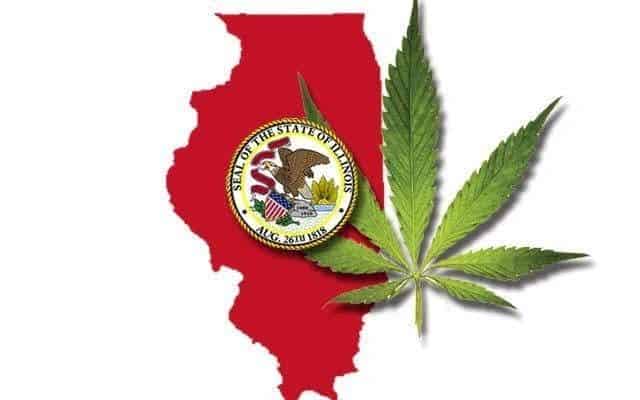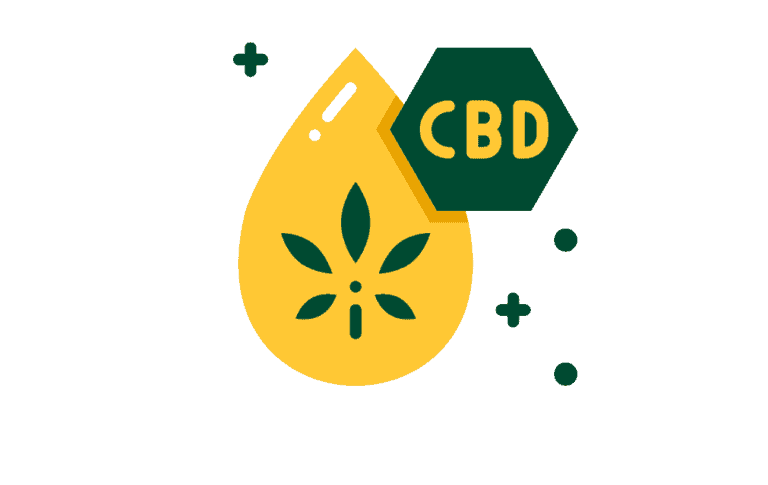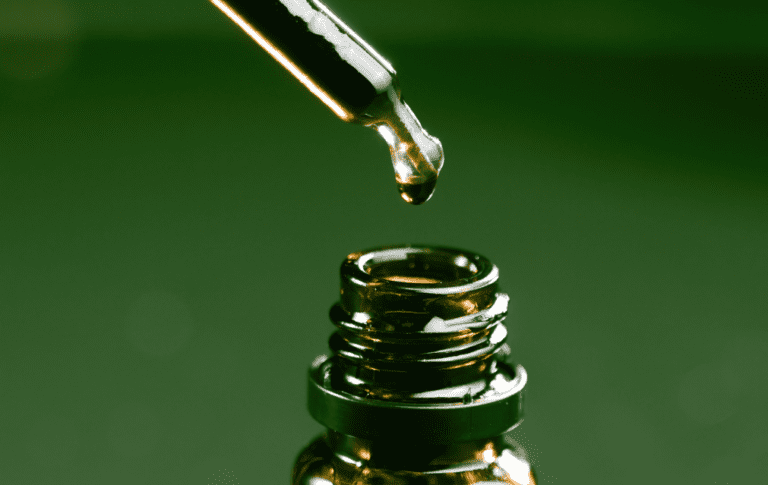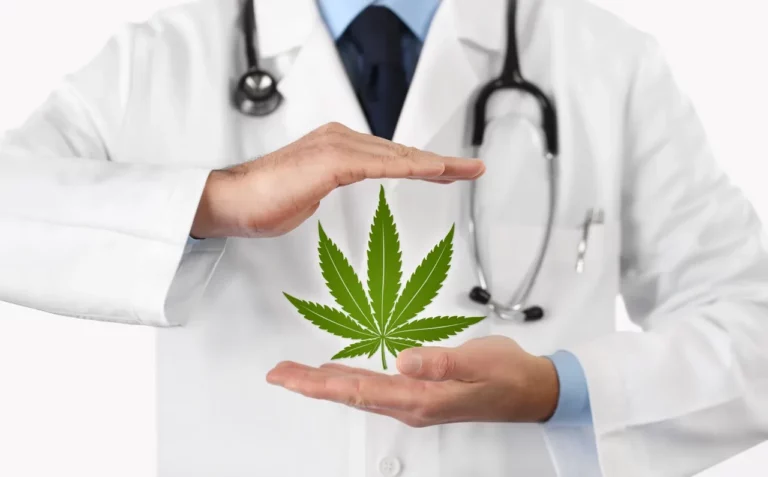Can we Consider Cannabis as an Alternative for Alcohol Recovery?
Marijuana has gotten a lot of attention lately. Now that it is legal in some states, some of the possibilities of its use for treating other medical conditions have started to be discussed. One of the biggest questions that are being asked about the use of marijuana these days is whether or not it can be used by those recovering from alcohol and drug abuse. Various physical conditions might be effectively treated with marijuana in these individuals, but is it safe for them to use?
There is a significant stigma against marijuana. This stemmed from the war on drugs, making it hard for anyone to consider marijuana in a new light. The old and seemingly incorrect adage that marijuana is a gateway drug has made it hard to think about it as a therapeutic substance. However, there are indications that marijuana is in a transitional phase now in the public eye, which opens up the use of this substance for a wide array of healthcare needs.
Possible Connection to Relapse
While there is a need for study into the effects of using marijuana while recovering from other addictions, there is some evidence that certain users of marijuana can suffer a relapse to other substances when they are using marijuana. This might be because marijuana can induce mild intoxication, removing barriers to addictive behavior based on logical and clear-headed thinking. Marijuana has been shown to lower inhibitions in some people, which can be the entry point that allows a return to other addictive behaviors.
Addiction cannot be halted in its tracks, and it does require a long-term effort on the part of an addict to remain sober. For some former addicts, there is some evidence that replacing substances like street drugs and alcohol with marijuana can positively impact their ability to stay clean. It becomes clear that this is a very unique and individual experience that is hard to predict.
Consequences of Relapse
There are many serious consequences related to relapse for those striving to stay clean. It is usually recommended that individuals in therapy and sobriety are not allowed access to anything considered potentially addictive. Since marijuana can impact people in different ways, it might not be considered addictive for some people and could be regarded as highly addictive for others.
Some doctors have stated that there is no addictive risk related to marijuana. Since the drug itself is not addictive, it might be possible that the behaviors associated with its use are what lead to relapse. After all, marijuana has been placed in the same category as other drugs and alcohol for generations, and this kind of social priming can be hard to undo. It is possible that any “addictive” nature of marijuana is linked entirely to how people view its place in the hierarchy of drugs and alcohol.
Breaking the bonds between marijuana and hardcore drugs or alcohol will take time. The results that former addicts experience with its use will likely be muddied by perceptions about marijuana during this shift. It can be hoped that abstinence will not be the only model offered to addicts in the future. Still, a clear understanding of the impact of marijuana on addictive behavior will likely be poorly understood, while social constructs influence users to think of marijuana as a drug.
Clinical Studies Are Needed
More clinical studies are needed to try and ascertain what link there might be between the use of marijuana and addictive behavior. No clear cases show that marijuana can be linked with a return to substance abuse at this time, and the experiences of the people involved in the few studies of this nature seem to vary widely. State of mind can have a lot to do with the use of marijuana and its wider impacts on behavior, but this is a hard factor to test for in a study.
Most addiction experts would advise against the use of marijuana for anyone who is recovering from addiction until more is known about the addictive nature of marijuana or its ability to push some people back to abusing their drug of choice. Doctors and therapists are not willing to recommend that marijuana be used instead of other substances for those trying to remain sober. There is not enough clear evidence that this is a safe alternative for those trying to remain clean and sober.
When framed as a potential catalyst for reducing negative outcomes during the transition phase to sobriety, marijuana has shown more promise. This might indicate that marijuana will positively impact those trying to avoid other substances but that it cannot be a long-term solution used to replace other addictive substances. The link between alcohol use and marijuana use appears to be quite clear in many existing studies, which means that this benefit might not be relevant to the needs of recovering alcoholics.
Recovering From Addiction Might Not be Improved With the Use of Marijuana
There is a significant need for further study of the relationship between marijuana use and addiction. While many doctors agree that marijuana does not become addictive with frequent use, there might be a bond between lowered inhibitions and the use of drugs and alcohol for those recovering from addiction. The abstinence method is still observed to be the most effective means of remaining clean and sober for many people. Still, once again, more studies must be conducted on sobriety and marijuana use.
As the cultural understanding and view of marijuana shifts, it becomes possible to study this drug, and its potential uses to benefit the health and well-being of addicts and recovering addicts.








